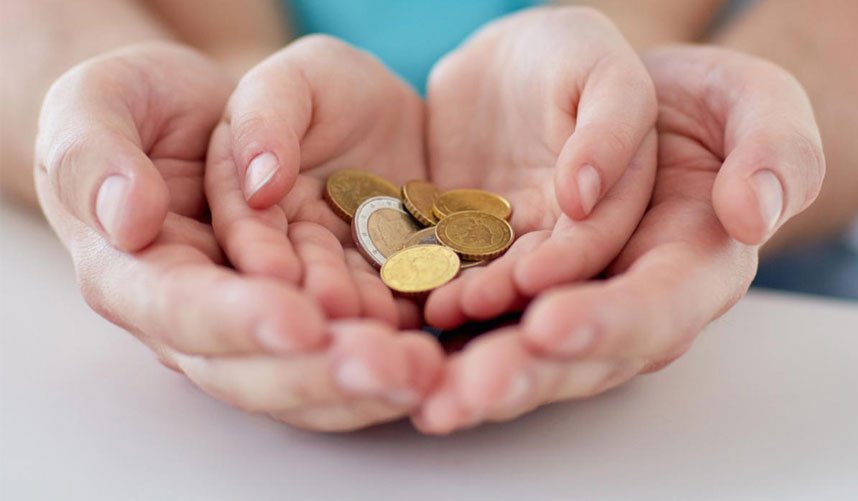Charity fraud is the act of using deception to get money from people who believe they are making donations to charities. Often a person or a group of people will make material representations that they are a charity or part of a charity and ask prospective donors for contributions to the non-existent charity. Charity fraud not only includes fictitious charities but also deceitful business acts. Deceitful business acts include businesses accepting donations and not using the money for its intended purposes.
How it happens
A fraudster will either pose as a collector for a charity they’ve made up, or they misuse the name of a genuine, often well-known, charity. They may be collecting sponsorship money for an event that they won’t take part in or doesn’t even exist. In any of these cases, the money you donate doesn’t go to charity; the fraudsters keep it for themselves.
You may be given the address of a fake website where the fraudsters record your credit or bank account details when you go to a donation page.
Alternatively you may be asked to call a phone number. It could be a premium rate number, taking even more of your money on top of your donation.
If you’re asked to donate clothing or household items, fraudsters sell them on but keep the money rather than giving it to people in need.
How to protect yourself
Charities always need to be registered and have a license if they’re collecting in a public place. Check they’re authentic with the charity commission.
If the charity is genuine, check the collection is authorized, too. Call the charity directly or look them up using a phone book or a website (don’t accept websites or numbers provided by a collector).
If in doubt, tell the collector you’ll donate directly to the charity yourself.
Enroll today for Certified Fraud Examiner at the Institute of Forensics and ICT Security and learn how to prevent fraud and how to deal with it when it happens.

